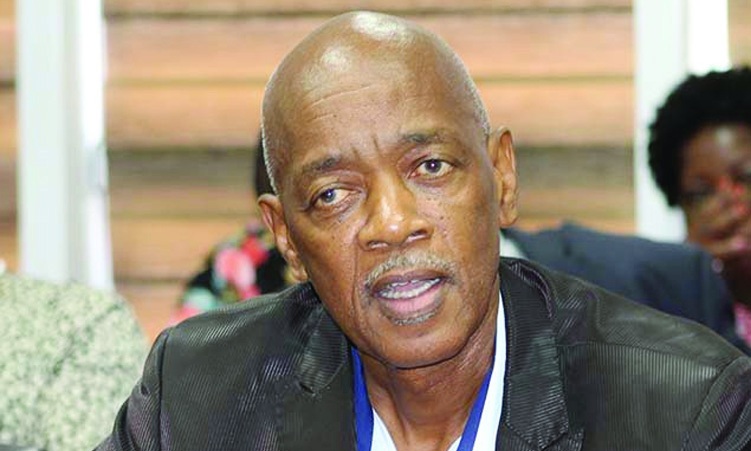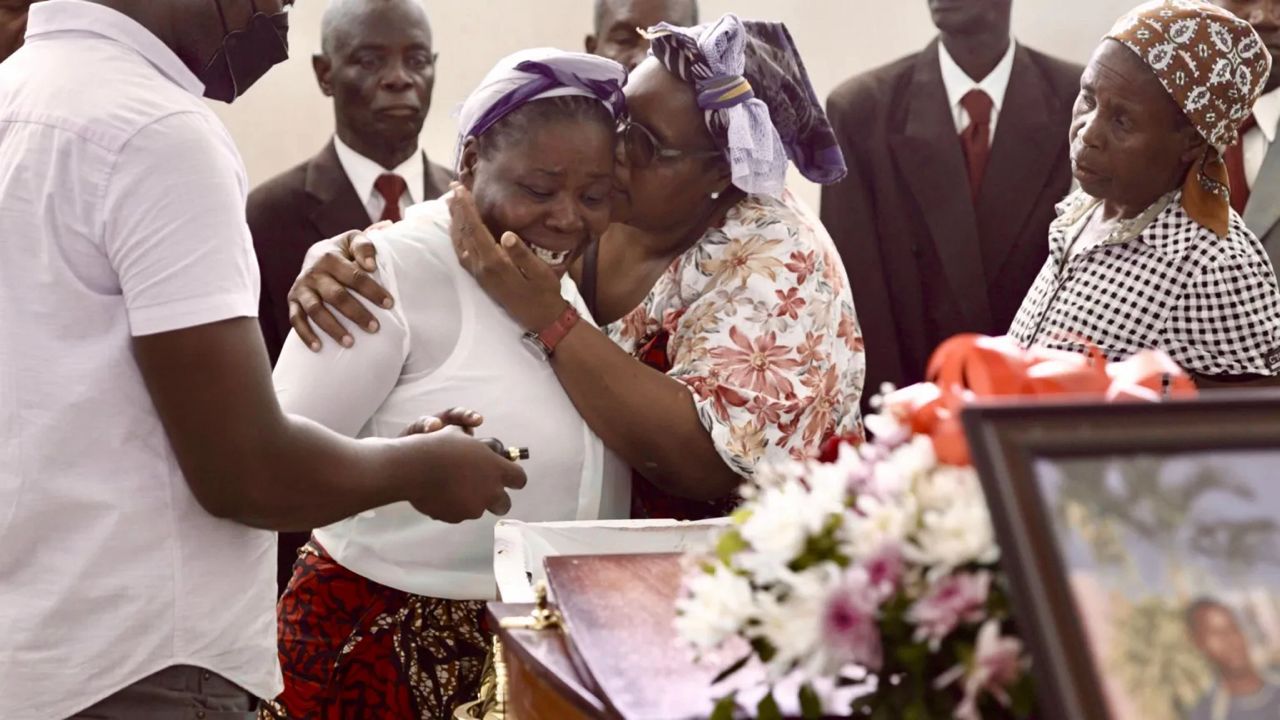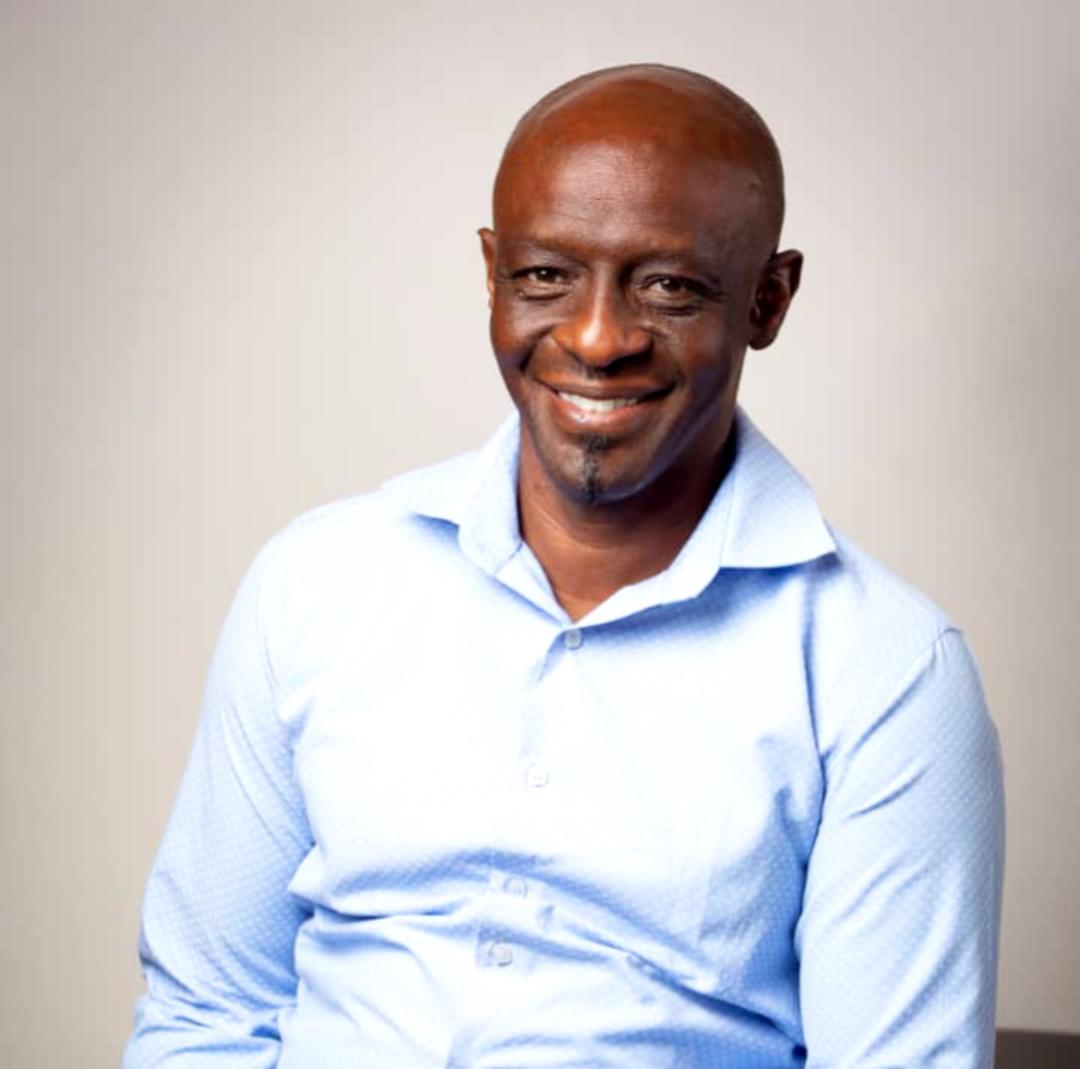On 28 July, the people of Venezuela spoke, saying: Maduro govern and continue with Chavismo (the socio-economic and political system Hugo Chavez set in motion in 1999).
I did not hear about these elections through the media; I was there, on the ground, with close to 1 000 other international observers.
According to the results announced by the Venezuela Electoral Council, Nicolas Maduro of the United Socialist Party of Venezuela won 51% of the vote; his main rival, Edmundo Gonzales of the Democratic Unitary Platform, received 44%.
There is more to the current Venezuelan political situation than meets the eye and the stakes are much higher than many of us are aware of or care to admit.
US INFLUENCE
First and foremost, it is important to cast the current political ‘crisis’ in Venezuela in a broader context.
For decades, the US has used various tactics – from military invasion to economic strangulation – to influence who rules countries in the Americas.
Any country in the Americas that has dared to lurch to the left has been met with the wrath of ‘Big Brother’ – the United States.
A prime example is the 1973 Pinochet coup which overthrew the democratically elected leftist government of Salvador Allende in Chile, a coup influenced by the CIA.
General Augusto Pinochet’s regime, which was installed through that coup, was responsible for some of the most gross human rights violations of the past few decades.
Among others, more than 3 000 activists were killed, about 1 000 people remain unaccounted for, and more than 40 000 people were detained and tortured.
In 2000, the CIA released a report in which they admitted involvement in the coup.
What has unfolded in Venezuela over the past few years is a replica of what took place in Chile more than 50 years ago – the Americans are pulling strings behind the scenes.
Unfortunately, most global citizens appear to be blind to this.
SANCTIONS AND SMEARS
Since Chavez’s rise to power in 1999, and after Maduro succeeded him in 2013, the US has been involved in covert and overt operations to undermine Venezuela.
This has included at least four abortive coups, an invasion of mercenaries from Colombia, the instigation of popular uprisings, economic blockades, violations of Venezuela airspace by US military planes and smear campaigns – from accusing Venezuela’s leadership of supporting international terrorism, to dealing in drugs, etc.
Between 2014 and 2023, Venezuela’s loss from the sales of oil because of economic blockades was estimated to be in the region of more than US$200 billion.
Venezuelan assets of about US$8 billion are frozen in banks in the United Kingdom because of sanctions.
Those who refer to Venezuela as an undemocratic and failed state and in ‘economic crisis’ would do well to factor this into their analysis.
While we were in Venezuela, the Western media reported that “there were very few international observers”, “the opposition candidate believes he has won with more than 70% of the vote”, “Maduro has rigged the elections”, etc.
SHOW AND TELL
However, let us focus on three issues for now.
As I mentioned, I was among the close to 1 000 international observers.
The main opposition candidate and his supporters have not produced any evidence to prove that he won or how the elections were rigged.
Venezuela uses Electronic Voting Machines (EVMs) with a verifiable paper trail, and, by law, all political parties are allowed to monitor the process from start to finish
As international observers, we were allowed to inspect polling stations before voting and on voting day.
From what we saw at least, the system seemed to be watertight and I remain to be convinced how someone could rig an election under such a system.
To refute allegations of rigging, president Maduro has called on the country’s Supreme Court to invite all political parties to inspect the verifiable paper trails or receipts so that they can satisfy themselves.
Guess what, all the presidential candidates have agreed to do so, except for Gonzales.
Gonzales said he does not trust the courts because they are controlled by Maduro.
For its part, the US was quick to recognise and congratulate Edmundo Gonzales as the new president of Venezuela.
That was done without any evidence of how he won or how the elections were rigged. Who is fooling who?
- *Gerson Uaripi Tjihenuna is a commissioner of elections in Namibia. However, the views expressed here are his own and do not represent those of the ECN.
Stay informed with The Namibian – your source for credible journalism. Get in-depth reporting and opinions for
only N$85 a month. Invest in journalism, invest in democracy –
Subscribe Now!






